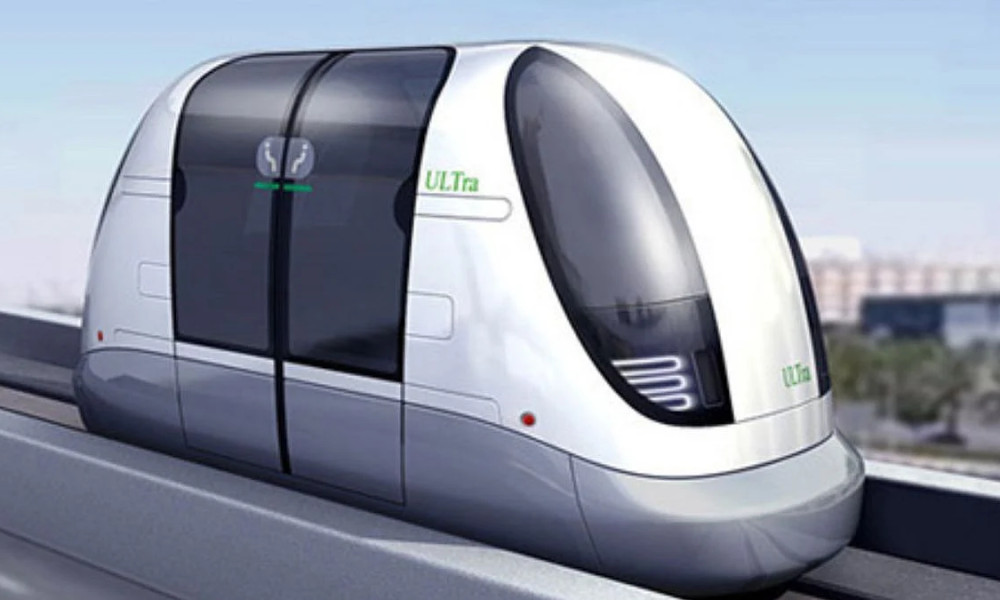Mumbai’s much-awaited pod taxi project at Bandra Kurla Complex (BKC) has taken a big step forward. The Maharashtra Coastal Zone Management Authority (MCZMA) has given its approval, clearing the way for this Rs 1,016.34-crore initiative. Designed to revolutionize last-mile connectivity in Mumbai’s bustling business district, the project promises to serve up to 6,00,000 commuters daily once completed in three years.
But progress comes at a cost. The MCZMA’s clearance reveals that 0.14 hectares of mangroves will be impacted and 431 trees will be cut down. Around 58.48 meters of the 8.01-km elevated corridor will pass over mangrove areas near BKC. The Mumbai Metropolitan Region Development Authority (MMRDA) is already seeking permission from the Tree Authority to proceed with the tree removal.
Currently, commuters in BKC face daily struggles with limited transport options. BEST buses, auto-rickshaws, and taxis are the primary modes of transport, often leading to complaints about irregular services and high fares. Many office-goers have expressed frustration over the lack of reliable solutions from authorities.
The MMRDA’s proposal points out the inefficiency of conventional transport in BKC, especially during off-peak hours when large buses run nearly empty. To tackle this, the authority is introducing an Automated Rapid Transit System (ARTS), a zero-emission, on-demand network that could change how people move around the business district.
What can commuters expect from the pod taxi project? The system will feature small, autonomous electric vehicles running on an elevated corridor between Bandra and Kurla. With 21 strategically placed stations across BKC, each will have ticket counters, escalators, waiting areas, and charging docks. Advanced control systems and real-time monitoring will ensure smooth operations.
Officials are optimistic about the project’s potential to slash travel times and reduce dependency on fossil fuel-powered transport. However, environmentalists are keeping a close watch. The mangrove and tree clearance aspects may face scrutiny, as Mumbai’s coastal ecosystem remains a sensitive topic. The balance between urban development and environmental preservation will be key as the project moves forward.

